In the Rearview Mirror Is Forks, Washington
My Complex, Convoluted History with Twilight by Stephenie Meyer
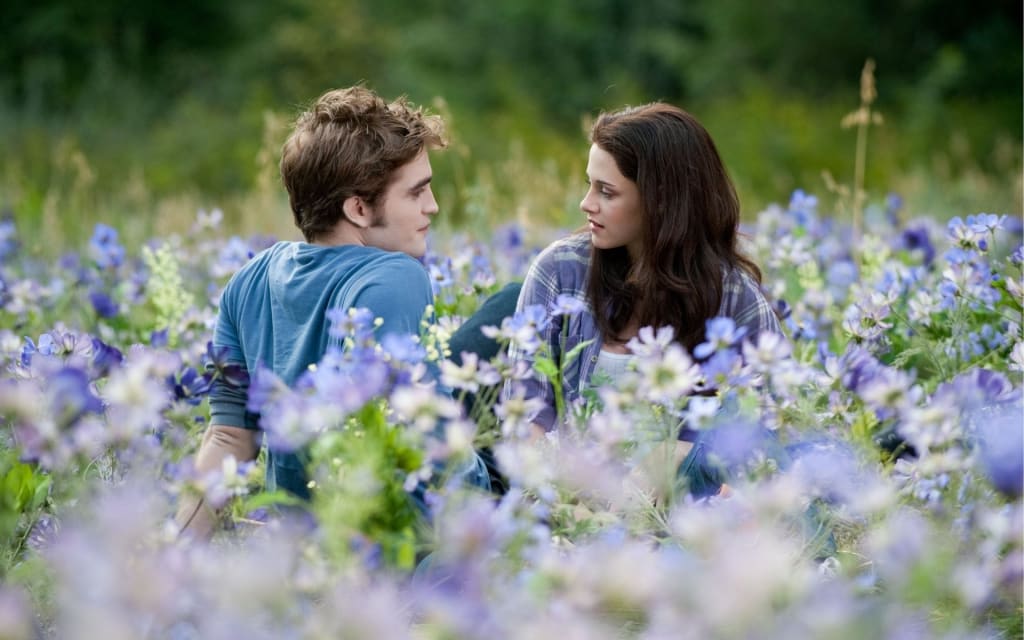
October 2006—I'll never forget it. Borders was my favorite haunt of the time, and I drifted along the tables to find something that called to me that wasn't the latest manga volume in a series I liked.
I have always had a cover problem. I have a tendency to let my eyes direct me when it comes to books—and that's a challenge in libraries, where books are spines-out on most shelves, while bookstores are a treasure trove of coverful delights.
This time, I paused at a table set up near the middle-grade section, my gaze caught on a cover consisting of contrasting shades of white, red, and black.
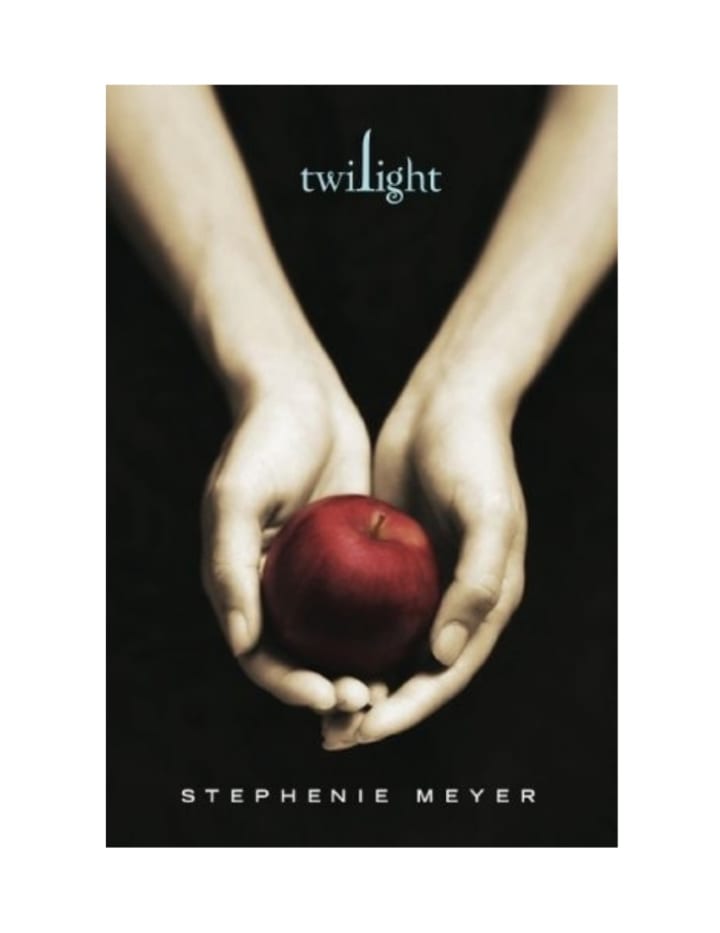
If social media had existed the way it does now, I probably would have snapped a pic for posterity. As it is, I just have this memory of being struck with a need to know what this book was. It was like love at first sight, in the way that you know this feeling is going to change you—yet you're not sure if it's going to be the good kind of change or the bad kind.
I picked up the paperback and read the back cover.
The words stole my breath in a way I had never really known before.
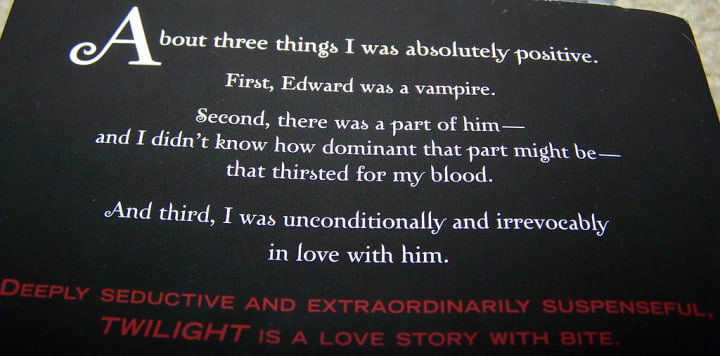
I had just turned sixteen, so this book was one of my post-birthday splurges. Even as I waited in line, I cradled the book to my chest—almost as if I had an idea of how it would soon come to be another private universe for me to inhabit. Twilight. It was an unknown quantity to me then. It wasn't a word said with blatant disdain or abject affection or even just boredom.
Twilight was just another book I, a constant book lover and buyer, had decided to take a chance on, right?
Except I read the whole book over that weekend. I even brought it as contraband to my (gasp!) religious school that would have clutched its pearls at all the undertones of longing, of want that cornered on need, of a love that shouldn't be but that nonetheless was.
I roll my eyes now, but sixteen-year-old me ate all that sugar up.
I reread passages and sighed to myself and just wanted to live in a world where I could be loved as deeply as Edward and Bella loved each other.
By the next weekend, I had New Moon—the newly released sequel, in hardcover—purchased and ready to delve into. Though I was not too keen on that book (Team Jacob, I never was), I still wondered what lay ahead for the characters and their journeys.
Even before the name was invented after the advent of Twilight's success as a film franchise, I was a Twihard.
What next, you ask?
Enter August 2007. The end of a boring summer skyrocketed into a mess of massive proportions as my mother was admitted into the hospital for unexplained vomiting and diabetic ketoacidosis. The cause? She had suffered a heart attack. While she was staying in the ICU and recovering, my dad felt bad enough for me to take me on a trip to Borders, perhaps to take my mind off things.
Eclipse was my companion while I sat in waiting rooms, when I needed a break from my mom's prognosis, and even when I had to take a week off right when school started because my mother was still recovering.
No matter what Twilight means to you—or the vitriol you've internalized about the book since its release and the phenomenon it became—you have to understand that these books were a lifeline to me. No, I didn't want Edward as a boyfriend. (He was Bella's, how I viewed it, and he's not the "perfect boyfriend" anyway.) No, I didn't view Bella as this beacon of what female protagonists in young adult literature are supposed to be. (Even Katniss Everdeen doesn't reach that bar for me.) No, Twilight wasn't perfect—but I didn't need it to be. I just needed it to be an escape, at least for a little while.
By the time Breaking Dawn released in 2008, the phenomenon had begun in earnest. The upcoming movie adaptation of the first book was hyped, the new book had its own midnight release parties seen only during the Harry Potter era, and the table right when you walked into Borders was all about Twilight.
I read the last book with fervor, but by the end? I had a weird thought that still lingers to this day.
I can write something better than this.
My writing had always been something I hid—locked between notebook covers, hidden away in anonymous forum posts, cradled in a space where I trusted only the few with what I had to offer.
Breaking Dawn was the book that made me believe I could be an author—maybe not now, but someday.
The Stephenie Meyer Effect
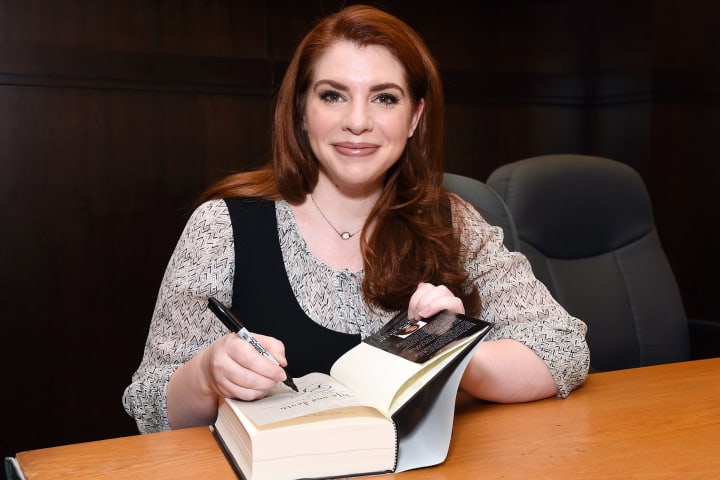
I don't think it's a coincidence that Twilight brought with it a surge of interest in young adult literature—and the people (many of them women) who wrote them.
We all saw the interviews. We heard the sound bytes. We heard the rags-to-riches tale—or, rather, housewife-to-popular-author tale.
I remember finding out that Stephenie Meyer had a dream that led to Twilight's first draft, and...I felt this sense of loss. "Oh. I don't have dreams that have led me to writing novels. Maybe I don't have what it takes to be an author after all."
But, before I make this a pity party, I think the real allure of Stephenie Meyer is this: she shows us that anyone can be an author. I'm not making that comment as a knock against housewives or women who choose to devote themselves to their families—but the term "housewife" began losing its allure decades ago. Now, if you're a woman, "career woman" should be the ideal, right? Gotta bring home the bread and all that.
I saw the way my own mother was derided as being a "housewife." I saw the way it hurt her. I saw the way it might have even contributed to her health deteriorating more quickly.
If she could have been a Cinderella housewife, I would have welcomed that for her, no matter what the masses might have said.
As for me, I started writing my first novel in November 2009.
It's been over ten years, and I haven't had a published novel yet.
Maybe I won't be Cinderella, but I sure as hell can try.
The good thing is that novel ideas aren't glass slippers: they're more plentiful than we think.
The only trouble is that people only care about those ideas once they're published and making some kind of money.
Still, I haven't given up on those words: I can do it too.
Thanks, Stephenie Meyer.
The Movies
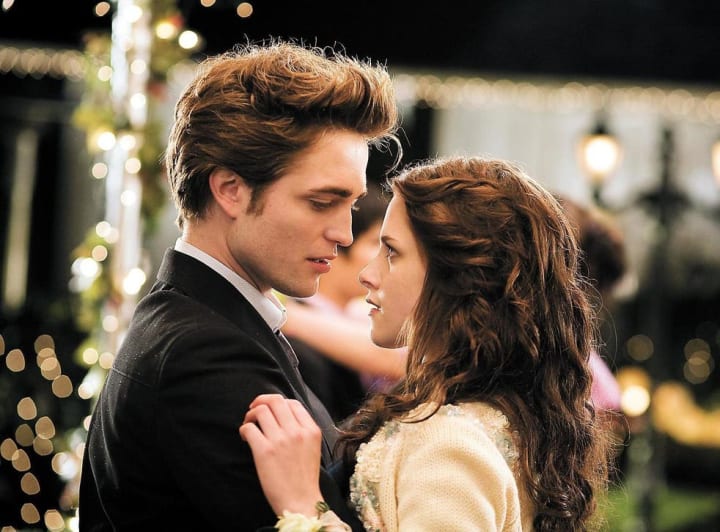
I'll make this brief: my own personal eyeroll reel for Twilight was less and less obtrusive before the movies came out. My imagination did a much better job with the books than the movies did, let's just say that. (I know the films performed well, but a TV series might have been a better choice.)
Yet I still remember the days after Twilight came out in theaters in 2008. I was a senior in high school, and all of a sudden the movie was the talk of the lunch table. More than a few of the girls I was friends with suddenly devoured the books—and a few boys did the same too! I even saw merchandise flit here and there around the school. It was an astounding thing to see for me, a girl who had secretly pored over these books by my seeming lonesome for the past two years. Isn't it cool when something you think is probably weird and a little geeky actually gets popular in the mainstream? (Is that how Marvel comics fans feel now with the popularity of the MCU?)
Even so, I was protective of my book obsession. To me, the biggest failing that I saw with the movies is how the filmmakers tried to take this quiet story—yes, Twilight is a quiet story, even on the whole as a series—and make it big and cinematic—more action, more witty one-liners, more long shots when the cinematography should probably have been intimate as a whole. I get it, you have to make money, but really? "You better hold on tight, spider monkey"? No.
Maybe my imagination is just too narrow, I don't know, but the movies feel like they're telling a different kind of story than what I (personally) found in the books. I don't know how else to explain it.
Midnight Sun
Let's get this out of the way: I did read Midnight Sun in its partial form on Stephenie Meyer's web site in December 2009. Why do I remember that so specifically? It was another bout with my mother's health as she battled a blood infection—and she was in the hospital for well over a month.
While trying not to worry and sitting in an office at my dad's work, I finally delved into the unfinished world of Edward's perspective, what it meant for him to meet and fall in love with Bella.
It was a balm, another escape, to a bad situation.
When it was announced in 2020 that Midnight Sun would finally be released in its entirety, I knew I was on the bandwagon.
I bought it the first day (sadly, not at Borders—may she rest in peace).
It'll have been out a full year this August, but I still haven't finished reading it.
Why?
Like with the tenth anniversary edition of Twilight (and its gender-flipped Life and Death), I think a part of me is afraid to revisit the world, the characters, and the escape I needed so much back in 2006-2009.
Plus, try and have any conversation today about Twilight that isn't outright derision—or some comment alluding to Fifty Shades of Grey (as I'm sure it's one of Stephenie Meyer's deepest shames that her work inspired that train-wreck).
And maybe a part of me feels guilt. I said I could be a writer, an author, yet I'm nowhere near that peak yet.
I'm still looking up, even though Forks, Washington, is far back in my rearview mirror.
I guess I never realized the sheer expanse of the mountain ahead of me.
Good for you, Stephenie Meyer, for doing what some of us feel like we can only dream of.

If you enjoyed this piece, please consider looking at my other offerings over on my profile page. I write about what matters to me and hope you find some meaning in all of it. Thank you for your support!
About the Creator
Jillian Spiridon
just another writer with too many cats
twitter: @jillianspiridon

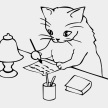
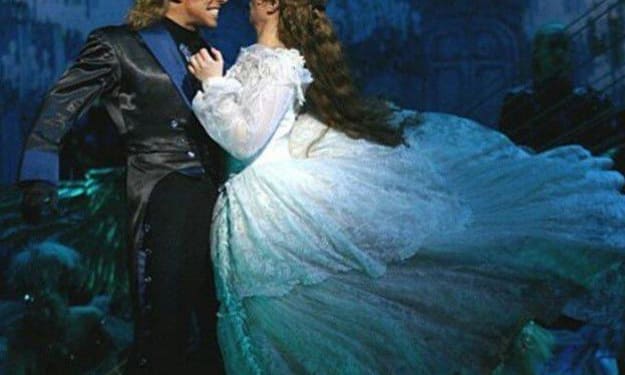

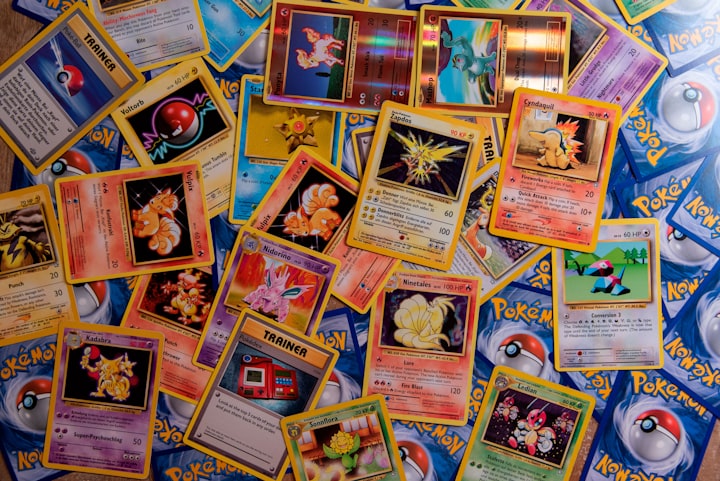

Comments
There are no comments for this story
Be the first to respond and start the conversation.